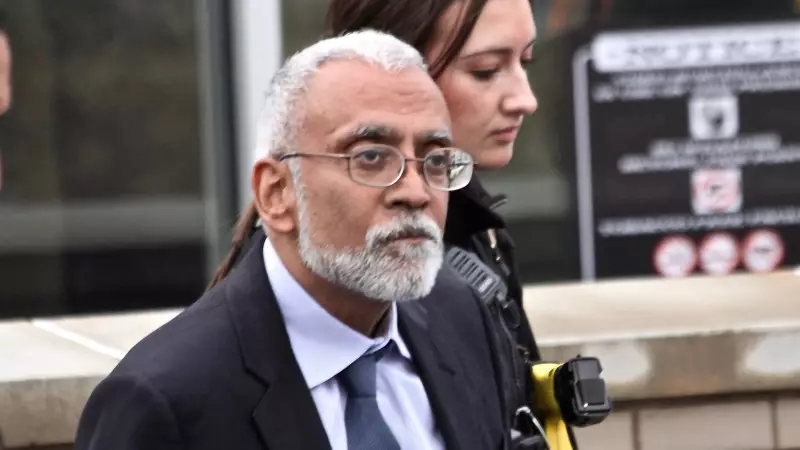
In a stunning legal development that has captured international attention, United States courts have intervened to halt the deportation of Subu Vedam, an Indian-origin man who spent an astonishing 43 years behind bars for a crime he didn't commit.
The Long Road to Justice
The case of Subu Vedam represents one of the most extraordinary instances of judicial error in recent American history. After maintaining his innocence for over four decades, new evidence finally emerged that cast serious doubt on his original conviction, leading to his eventual release from prison.
However, just when Vedam thought his nightmare was over, he faced a new threat: deportation by Immigration and Customs Enforcement (ICE). The agency had initiated removal proceedings that would have sent him back to India, a country he hadn't seen since his childhood.
Court Intervention Creates Hope
The recent court order represents a significant victory for Vedam and his legal team. Federal judges recognized the profound injustice that would occur if a man who had already suffered 43 years of wrongful imprisonment was then deported from his home.
Legal experts are calling this case particularly noteworthy because it addresses the complex intersection of criminal justice reform and immigration law. The courts essentially ruled that someone who has been wrongfully convicted shouldn't face additional punishment through deportation.
What This Means for Immigration Law
This landmark decision could set an important precedent for similar cases involving immigrants who have been wrongfully convicted. It raises crucial questions about how the justice system should treat individuals who have already paid an enormous price for judicial errors.
The case highlights the growing tension between strict immigration enforcement and fundamental fairness. As one legal analyst noted, "This isn't just about immigration law; it's about basic human dignity and recognizing when the system has failed someone catastrophically."
The Human Cost of Judicial Error
Behind the legal technicalities lies a human story of incredible resilience. Vedam's case serves as a powerful reminder of the real people affected by judicial mistakes and the lifelong consequences they face.
As the legal battle continues, advocates hope this case will spark broader conversations about criminal justice reform and how America treats those who have been wrongfully convicted, particularly within immigrant communities.





